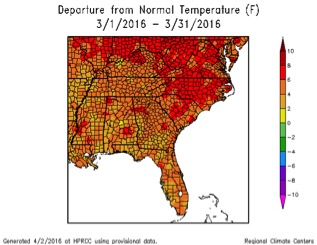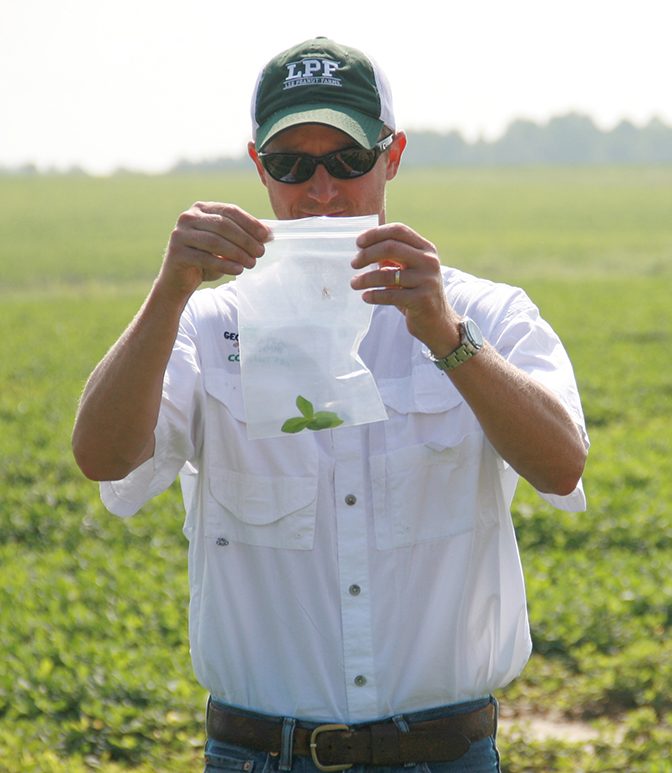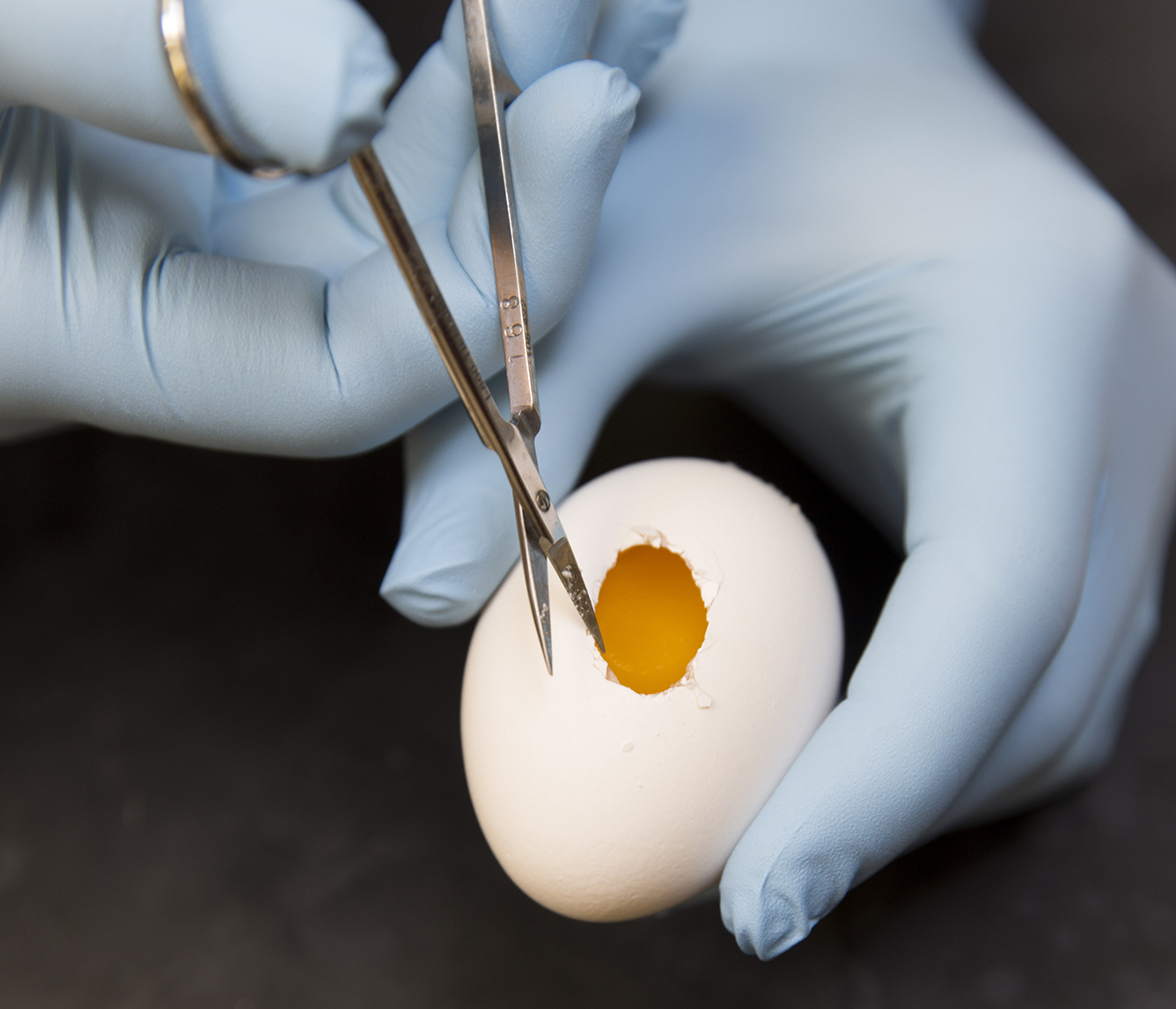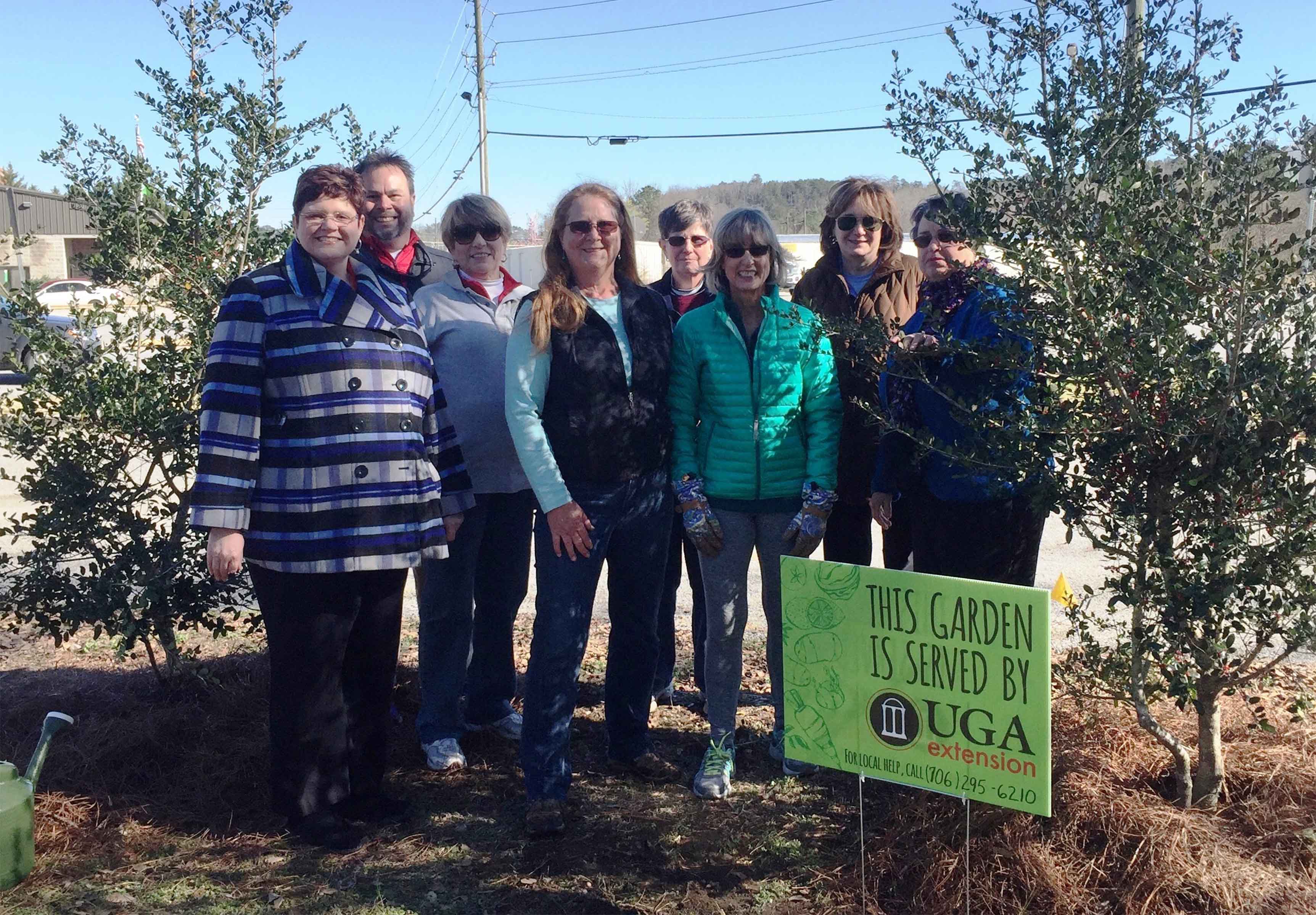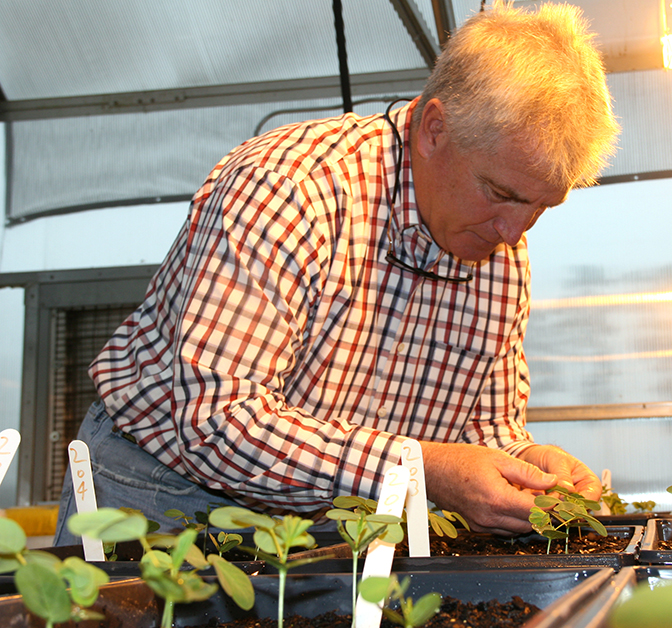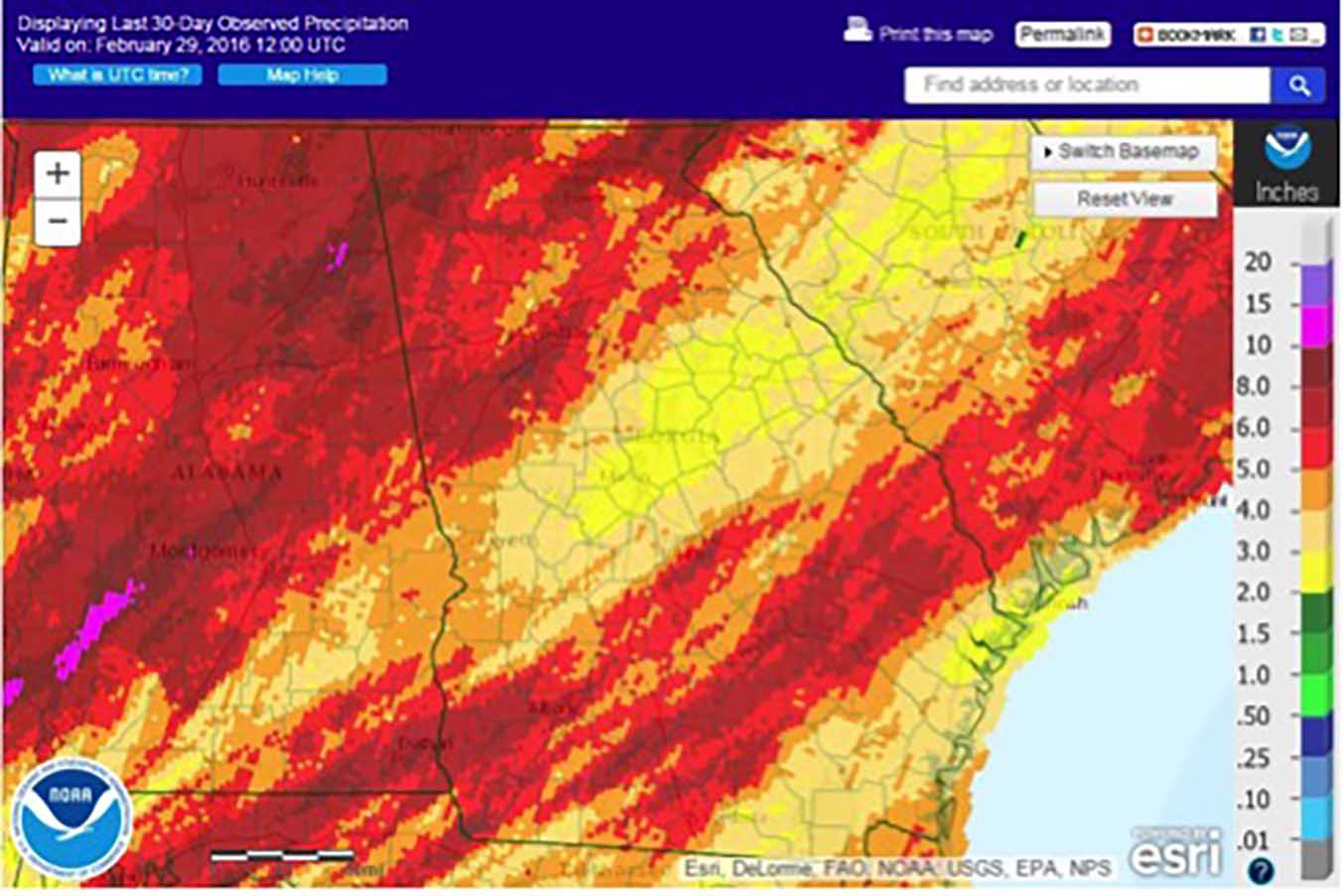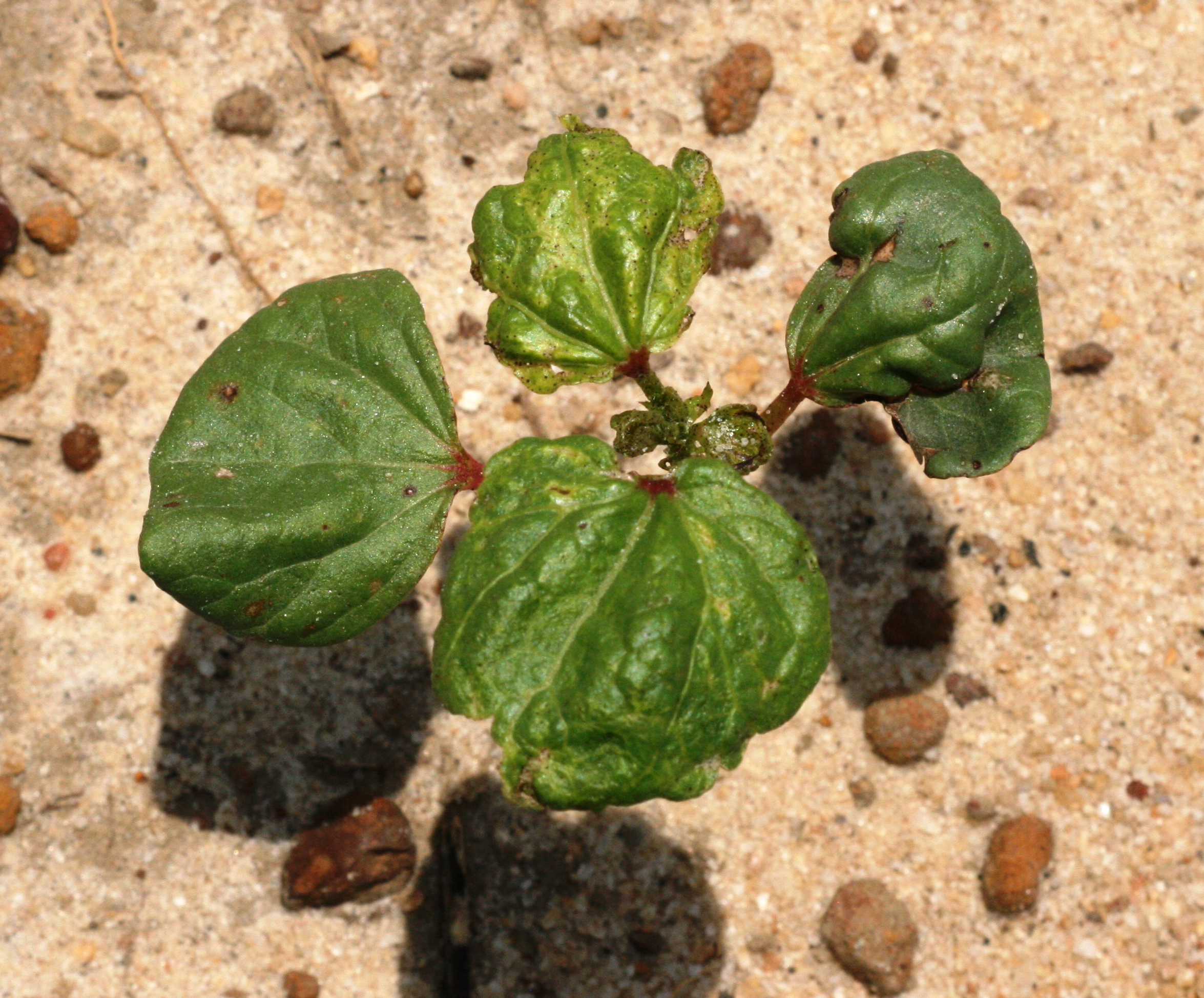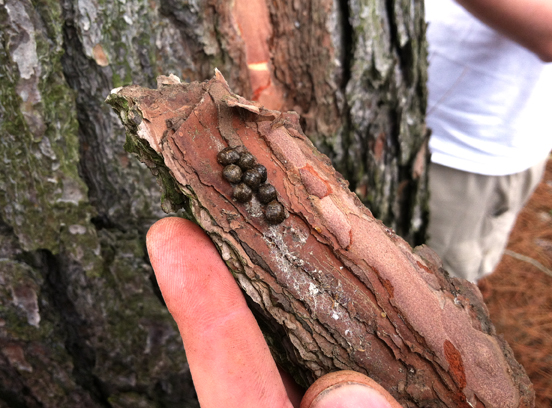 CAES News
CAES News
Kudzu Bug Decline
Once a nuisance for soybean farmers in the Southeast, kudzu bug populations appear to be declining in the U.S. The decline began in 2014 and is believed to have been brought on by two of the kudzu bug’s natural predators: a fungus and a wasp.

